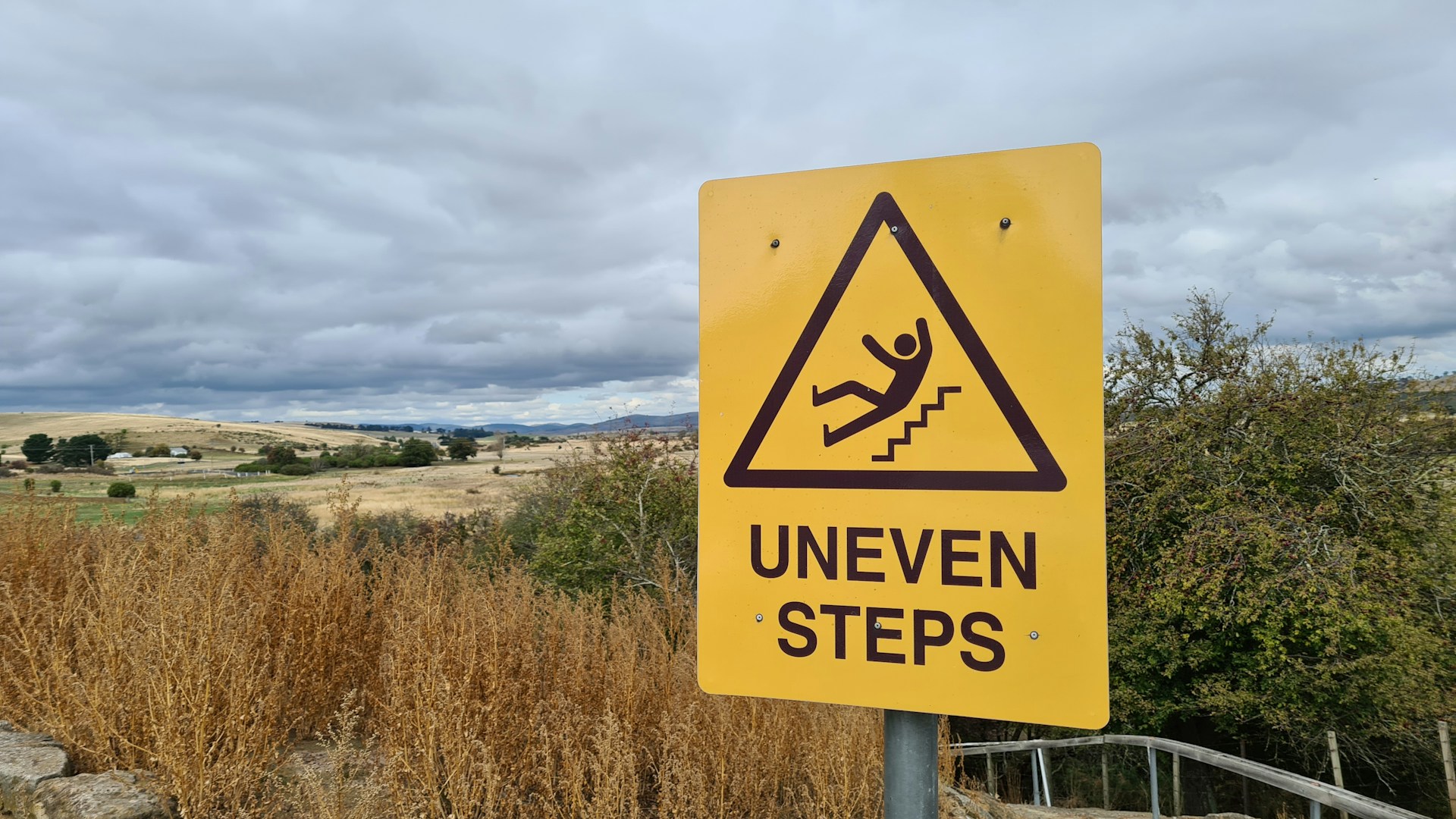Sharing your story with a medical malpractice attorney is a crucial step in seeking the justice you deserve. It empowers you to clarify the events that have impacted your life and assists the attorney in building a strong case on your behalf. When talking to a legal professional, it’s important to convey your experience clearly and accurately, ensuring that all relevant details are covered. This can ultimately lead to more favorable outcomes.
In Tampa, knowing how to communicate effectively with a medical malpractice attorney is particularly important. This guide will help you understand the process and what information should be shared, so your attorney can advocate for you to the best of their ability. Working with knowledgeable attorneys like those at Greco, Wozniak & Ruiz-Carus, P.A. provides a sense of reassurance that your case is in experienced hands.
Understanding Your Experience
One of the most important steps in your interaction with a medical malpractice attorney is recounting the events and details of the medical error. Clear communication is key in ensuring your story is effectively conveyed. Let’s break down how you can organize and share your experiences to provide all necessary information:
- Document Key Events: Begin by noting the sequence of events that led to the malpractice incident. Include dates, times, and relevant actions.
- Highlight Specifics: Describe specific actions or missteps that you believe contributed to the malpractice. This can include mistaken diagnoses, improper procedures, or overlooked symptoms.
- Stay Honest and Thorough: Being honest and thorough when recounting what happened is essential. Include any details—even those that may seem insignificant—as they might prove useful in understanding the event’s full scope.
When preparing your story, it can be helpful to speak with someone close to you to fill in any gaps you might miss. For example, if you had a loved one present during medical procedures, their perspective can be invaluable. They’ll often provide insights you may not remember amid the stress.
Being transparent and detailed in your description not only helps you achieve clarity for yourself but also aids your attorney in creating a stronger argument for your case. The goal is to make sure your voice is heard and accurately represented in legal proceedings, improving your chances for successful resolution.
Gathering Documentation
To strengthen your case, collecting various types of documents is a necessary step. These documents serve as evidence to support your account of what happened. Here’s a quick guide on the kinds of paperwork you should gather:
- Medical Records: These are the most important. They include detailed information about your diagnosis, treatment, and any procedures or surgeries you’ve undergone.
- Bills and Financial Records: Compile all medical bills and receipts. Include any correspondence with insurance companies, which can help demonstrate the financial burden imposed by the incorrect medical treatments.
- Communication Documentation: Keep copies of all communication with healthcare providers. Emails, letters, and notes from phone calls can be incredibly revealing of the interactions and any possible miscommunication.
This documentation acts as a foundation for building your legal case. By carefully organizing and presenting these documents, you provide your attorney with the tools they need to construct a compelling narrative in your favor.
Articulating the Impact
Besides the facts, it’s crucial to communicate how malpractice has affected you personally. This goes beyond the immediate medical issues to include emotional and financial ramifications. Consider organizing your thoughts in these categories:
- Physical Impact: Describe how the malpractice has affected your physical health. Include details about ongoing pain, discomfort, or physical limitations.
- Emotional Impact: Share the emotional toll this experience has taken. Highlight any stress, anxiety, or changes in mental health that have resulted from these events.
- Financial Impact: Outline how the situation has affected your finances. Mention lost wages, out-of-pocket expenses, and any long-term financial planning that the malpractice has disrupted.
Conveying this impact humanizes your story, making it more relatable and understandable to those working on your case. It allows your attorney to present your case in a way that acknowledges all aspects of your experience.
Communicating Effectively with Your Attorney
Maintaining open and clear communication with your attorney is necessary for a successful outcome. Here are some practical tips to make sure you’re on the same page:
- Be Prepared: Before meetings or calls, write down any questions or concerns you have. This ensures all your points are addressed efficiently.
- Stay Updated: Keep up with any requested documents or responses. Prompt communication helps maintain momentum in your case.
- Ask Questions: Don’t hesitate to ask for explanations. Understanding the process helps you feel more in control and engaged.
A solid partnership with your attorney can be one of your strongest assets. When both parties communicate openly, it sets the stage for a great collaborative relationship.
Moving Forward Together
Telling your story to an attorney might seem overwhelming, but it’s an important step in reclaiming control of your life after a medical malpractice incident. By organizing your thoughts, gathering substantial documentation, and clearly stating the impact this has had on you, you enable your attorney to fight effectively on your behalf.
Moving forward isn’t just about seeking compensation; it’s about setting the record straight and finding closure. With careful planning and clear communication, you create a robust framework for tackling legal challenges. As you work through this, remember you’re taking positive steps to protect your future.
If you’re working through the effects of a medical error, having the right legal support can make all the difference. Connect with Greco, Wozniak & Ruiz-Carus, P.A. to speak with an experienced medical malpractice attorney in Tampa who can help you understand your options and move forward with confidence.






